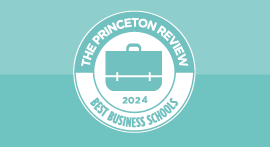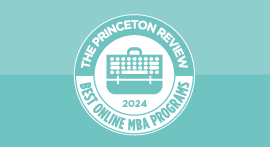Academics
The Fox School of Business at Temple University has "one of the best networks and reputations in the Philadelphia region." It also boasts "innovative courses" and maintains a "global/international focus," two facets that students here greatly appreciate. The coursework typically maintains a nice "balance of academic theory and real world relevance." And the program features "flexible class schedules" which truly allow students to "tailor [their courses to their] individual needs." While the classes are often "challenging," we've been assured that it's also "manageable" and quite "rewarding." Importantly, Temple has also cultivated an "outstanding staff and administration." Professors here tend to be "passionate" and have "amazing industry experience." As one grateful student explains, "Not only are they teaching the book concepts but [they also] show us how to apply these concepts as a manager/business owner." Just as essential, they strive to make themselves "accessible." All in all, it's quite evident that "Temple is putting their full resources into the Fox School of Business, and it seems no expense is spared, whether it is for school-funded trips to NYC to visit the stock market, entry fees for nation-wide case study competitions, or funds for capstone consulting projects. Temple truly supports their students."




